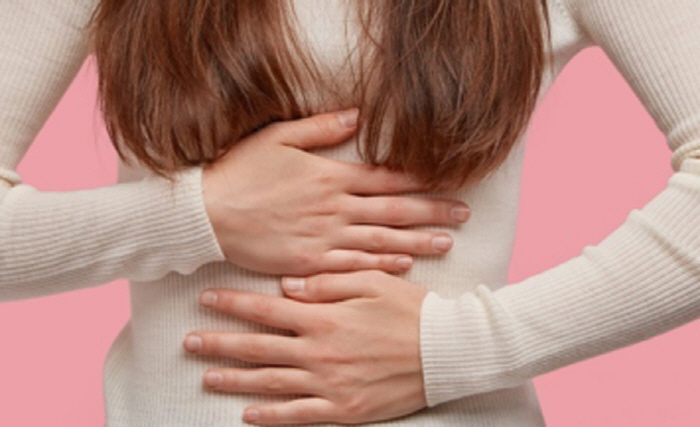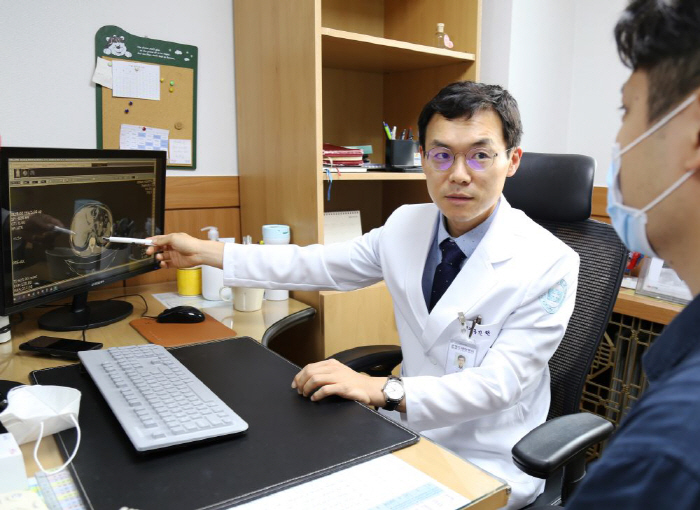Food poisoning bacteria that do not die even if boiled, spring is in full swing
Apr 09, 2025
|
'Perfringens food poisoning' appears when food contaminated with Clostridium perfringens is consumed. When these bacteria enter the small intestine, they release toxins that often cause diarrhea. Food poisoning caused by perfringens occurs a lot in spring (March to May) when temperatures rise. Perfringent food poisoning is also occurring in restaurants and food service centers.
Perfringens bacteria occur mainly in contaminated meat or cooked foods containing meat as the main ingredient, and because they survive because they are resistant to heat, even foods that are boiled enough can multiply again. Perfringens bacteria are commonly observed in rivers and groundwater, and are also distributed in human and animal intestines and feces.
It is well detected in meat, fried food, and soup stored in containers, and unlike other food poisoning bacteria, the frequency of occurrence in spring is high. If meat is not cooked properly or left at room temperature for a long time, the bacteria can multiply. In addition, if food is not refrigerated for a long time after cooking, perfringens are likely to proliferate.
Perfringent food poisoning symptoms appear within 6 to 24 hours of food ingestion and most recover within 24 hours. Abdominal pain, diarrhea, and vomiting are common, and body temperature rise is rare, but mild fever may occur. Symptoms may be more pronounced in children and the elderly with low immunity. If it lasts for more than a week or you have symptoms of dehydration, you should see a doctor.
Perfringens bacteria are mostly destroyed when heated to 75 degrees or higher. However, some survive high heat and multiply again as the food cools, causing food poisoning. If the soup is mainly boiled and cooled at room temperature for a long time or meat is not refrigerated, chances are high that perfringens bacteria will be found. It is also dangerous to store food in large quantities at room temperature in large containers.
Hong Jin-heon, director of the Department of Internal Medicine at Seran Hospital, said "In spring, food is often stored at room temperature because the temperature is low in the morning and evening. However, in the daytime, it is a good environment for perfringens to reproduce, so it is recommended to keep food refrigerated.'"When re-ingesting stored food, reheat it to 75 degrees Celsius or higher even if it has been heated once, and the leftovers should be divided into several containers and stirred frequently so that oxygen can reach the food sufficiently.'
Director Hong Jin-heon said, `Perfringens food poisoning disappears without special treatment, but if there is severe dehydration, it is necessary to replenish water. If you have a severe stomachache or fever, you can use painkillers or antipyretics"Some strains are not destroyed even when cooked thoroughly, so you have to pay special attention to properly cooked food and storage, and the habit of washing your hands properly before cooking is important" he advised.
|
This article was translated by Naver AI translator.















